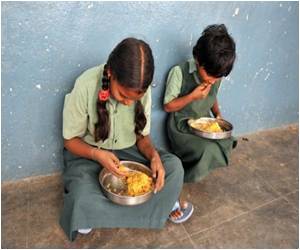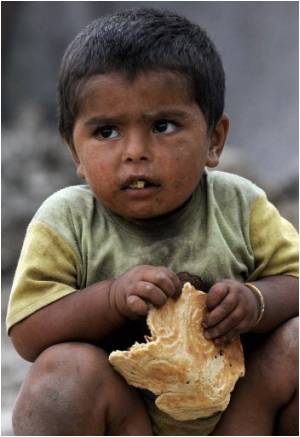Increasing awareness of food waste would contribute to more effective nutritional education initiatives since messages could be framed based on insights.

‘Wasting edible food might contribute to infringing on opportunities for others to feed themselves.’





Porpino analyzed previous research findings from 24 peer-reviewed papers, and empirical data from a study conducted in households in the US and Brazil. He concluded that additional studies aimed at testing the impact of communication initiatives on behavioral change are needed. Also, a standardized methodology to measure consumer food waste is necessary. These paths for further research would benefit public policies aimed at increasing the awareness of food waste, and would contribute to more effective nutritional education initiatives since messages could be framed based on insights tested in scientific studies.
"If we consider that wasting edible food might contribute to infringing on opportunities for others to feed themselves, then there is a link between this phenomena and hunger relief programs", says Porpino.
Source-Eurekalert















